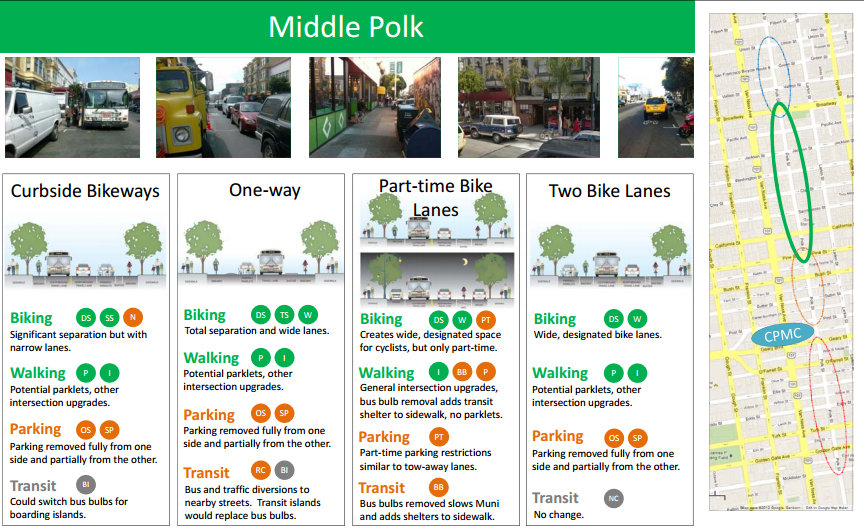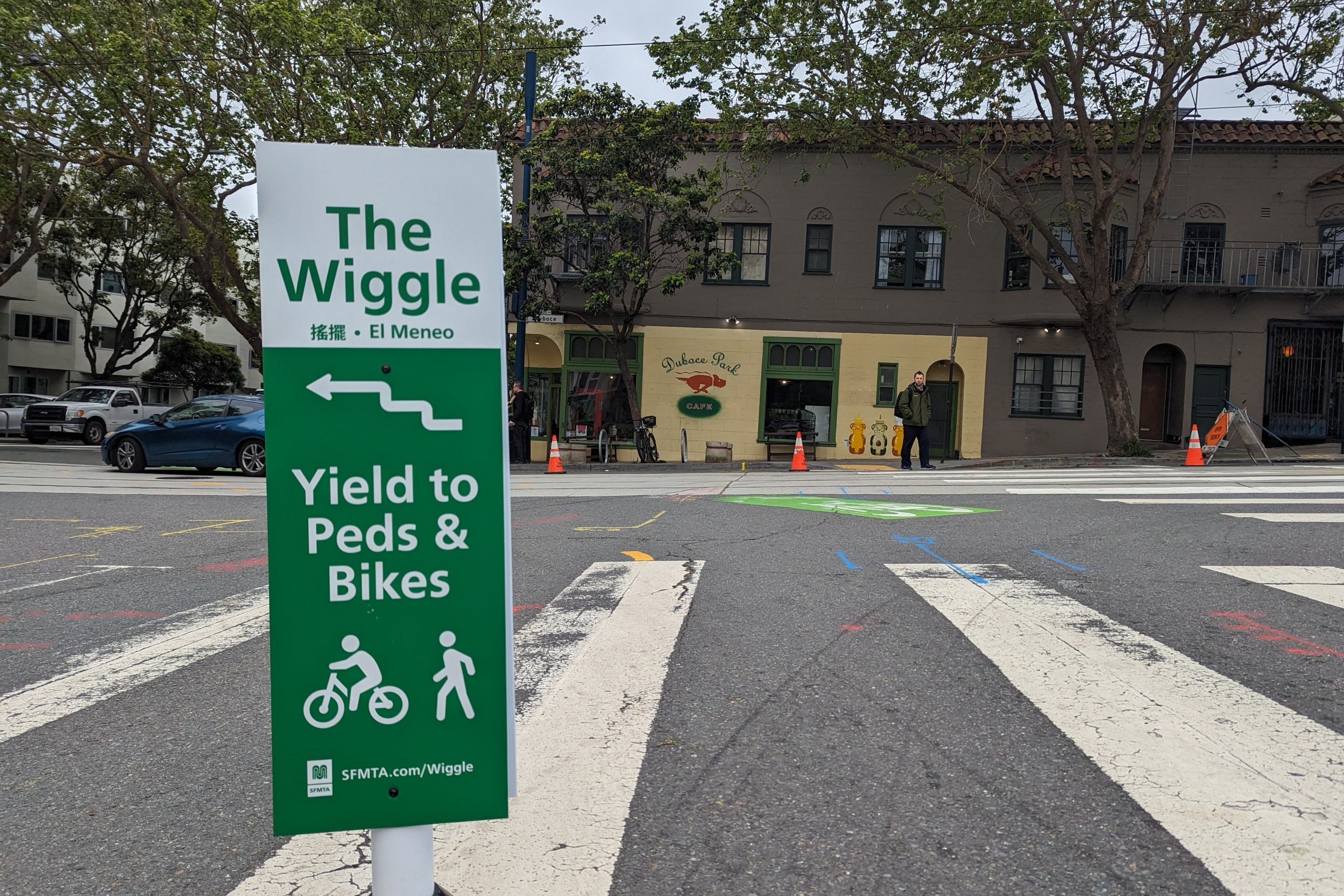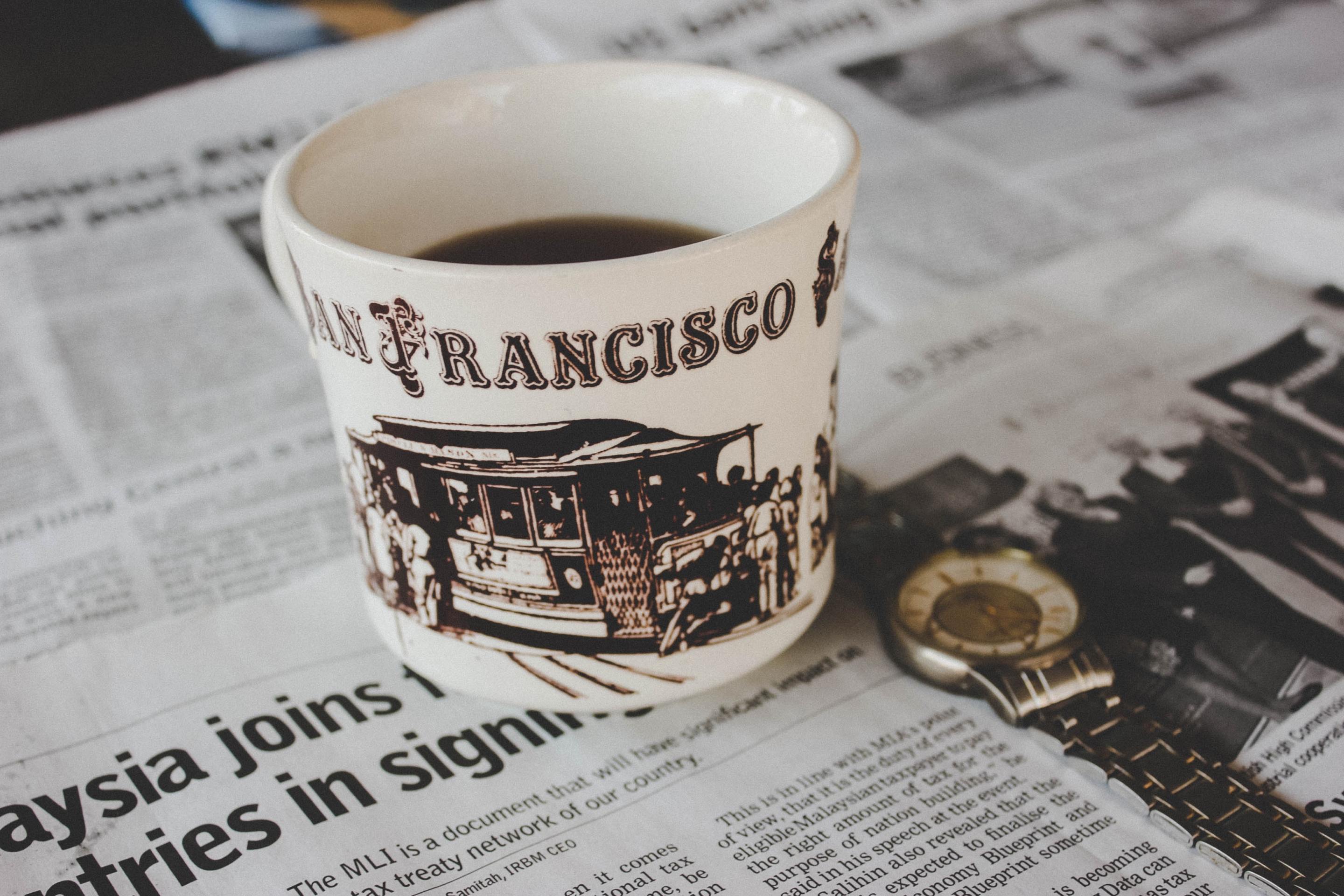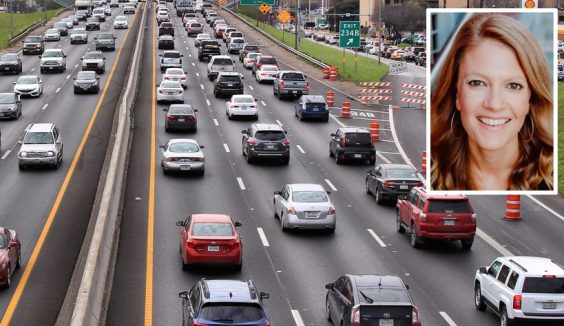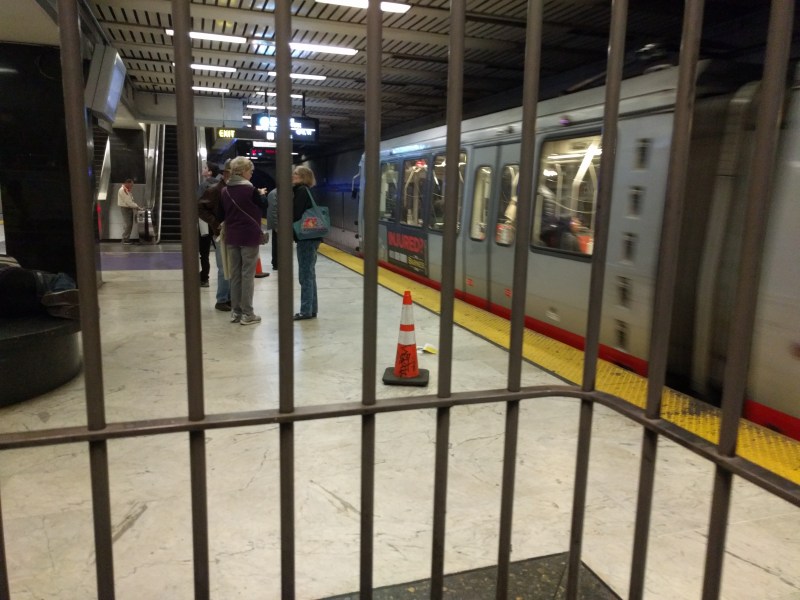Fearmongering Overwhelms Facts at Meeting About Livable Polk Street
5:06 PM PDT on March 19, 2013
A mob mentality ruled at a neighborhood meeting last night on safety improvements for Polk Street, where attendees booed any suggestion that removing car parking to make room for pedestrian and bicycle amenities might be worthwhile.
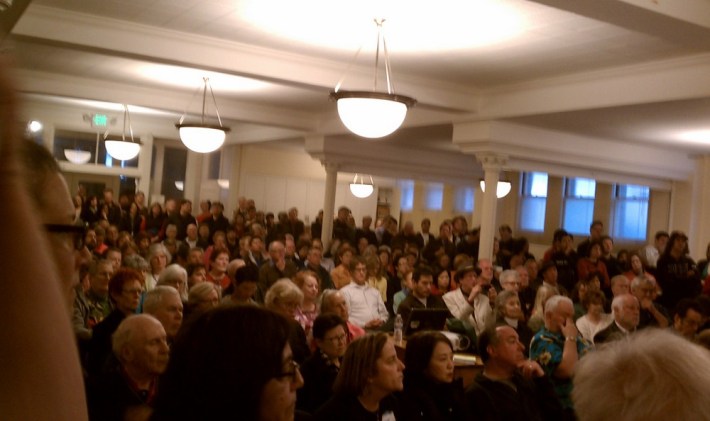
Fact-based discussion was in short supply at the Middle Polk Neighborhood Association meeting. Instead, hyperbole and misinformation were the order of the day, spread by "Save Polk Street" flyers erroneously claiming that the SF Municipal Transportation Agency plans to remove all parking along a 20-block stretch of Polk.
While the SFMTA has engaged residents in a community-based planning process for Polk from the outset, project supporters were scarce last night. D3 Supervisor David Chiu, who usually talks a good game on street safety, has not taken a position on the project.
Dan Kowalski, who owns the furniture store Flipp, said it was "natural" for the reaction from merchants to go from "alarm to absolute panic" after seeing the SFMTA's proposals to add protected bike lanes and more public space while removing, at the most, roughly half of Polk's on-street parking, which makes up just 7 percent of the parking supply within a one-block range of the corridor.
Kowalski and other speakers dismissed evidence that the same kinds of street improvements proposed for Polk have improved safety and boosted business on other streets, even when parking is removed.
Merchants on Stockton Street in Chinatown have lauded the temporary bans on parking during the Lunar New Year. Parklets, bike lanes, Sunday Streets, and other streetscape upgrades that increase foot traffic are in high demand citywide. The sky hasn't fallen in New York, either, where recent data shows that after a protected bike lane was installed on Ninth Avenue, local retail sales increased 49 percent, compared to a 3 percent increase throughout Manhattan. At the north end of Union Square, which saw a major expansion of pedestrian space, commercial vacancies have dropped 49 percent, at the same time that they have risen 5 percent borough-wide.
"We've looked at the statistics that people have presented to us, and they aren't real. They're proposing that our business will actually increase," said Kowalski, eliciting laughter from the audience. "On paper, it might. But what we've seen in the real world, what we've seen in other cities, when they've tried some similar things, is that they've had some very negative reactions."
To make his case, Kowalski claimed that "some of the same projects" have been tried and removed in Brooklyn and San Diego. A little research, however, shows that those cases had nothing to do with streetscape improvements on a business corridor.
In Brooklyn, the only case of a bike lane being removed was on a residential stretch of Bedford Avenue, where politically-influential leaders from the Hasidic community protested the scanty clothing of female riders. In San Diego, green paint on a suburban road was scrubbed off a bike lane merging zone because it failed to cause speeding drivers to yield to riders.
But Kowalski's claims went unchallenged, and no one mentioned the evidence that merchants tend to wildly overestimate, like the survey on Columbus Avenue which found that just 14 percent of people arrived by car, and those people tended to spend less than people who arrived by other means.
The popular sentiment among speakers at the meeting, however, was that improving conditions for walking and biking is all well and good, insofar as it doesn't affect parking, and that "cars are not going away." One speaker was even cheered when he claimed that the project was part of the United Nation's Agenda 21. Yes, when it comes to local planning decisions, San Francisco can be just as paranoid and provincial as rural Virginia.
A handful of speakers took more moderate positions, like Jukie Schweit, manager of Good Vibrations, who said she's "willing to compromise. I understand that there will be some losses. A parklet sounds great, but I don't want to let go of any parking. But of course, there's no way to have everything."
But terms like "parklets," "wider sidewalks," and "separated bike lanes" elicited strong "No"s from the crowd when mentioned by SFMTA Director of Transportation Ed Reiskin. Reiskin explained the agency's impetus for the project -- taking advantage of a bond-funded street re-paving scheduled for 2015 to improve conditions for biking and walking -- but didn't discuss the details of the project proposals. When the crowd pressed Reiskin to provide the maximum number of parking spaces that could be removed from Polk, he gave an estimate of 170 -- just over half -- and the crowd roared in disapproval.
Reiskin said SFMTA planners "will go back to the drawing board" and propose new options with more car parking at community meetings within the next couple of months, but that the project's timeline hasn't changed.
The project's parking-obsessed opponents were nowhere to be seen when the SFMTA held a well-attended community planning meeting in September followed by four walking tours to collect input on the options, which were presented at an open house in December. SFMTA project manager Luis Montoya said the agency delivered over 1,000 flyers to businesses and residences along the corridor, conducted online surveys, and held meetings with various merchant and neighborhood groups to encourage participation.
"This meeting was not going to be a forum where we were going to be able to articulate [the project's benefits] successfully," Reiskin told Streetsblog. "Obviously, a lot of the folks here tonight had not been engaged earlier on, and whether that was because they weren't paying attention, or didn't care until they found out it was parking, or because we didn't adequately reach out, I don't know."
"People are engaged now, and that's what's important."
Project supporters can sign an online petition here.
Stay in touch
Sign up for our free newsletter
More from Streetsblog San Francisco
Independent Safety Advocates Beef up the Wiggle
Signs and soft-hit posts installed by advocates make the Wiggle bike route calmer and safer for cyclists and pedestrians
